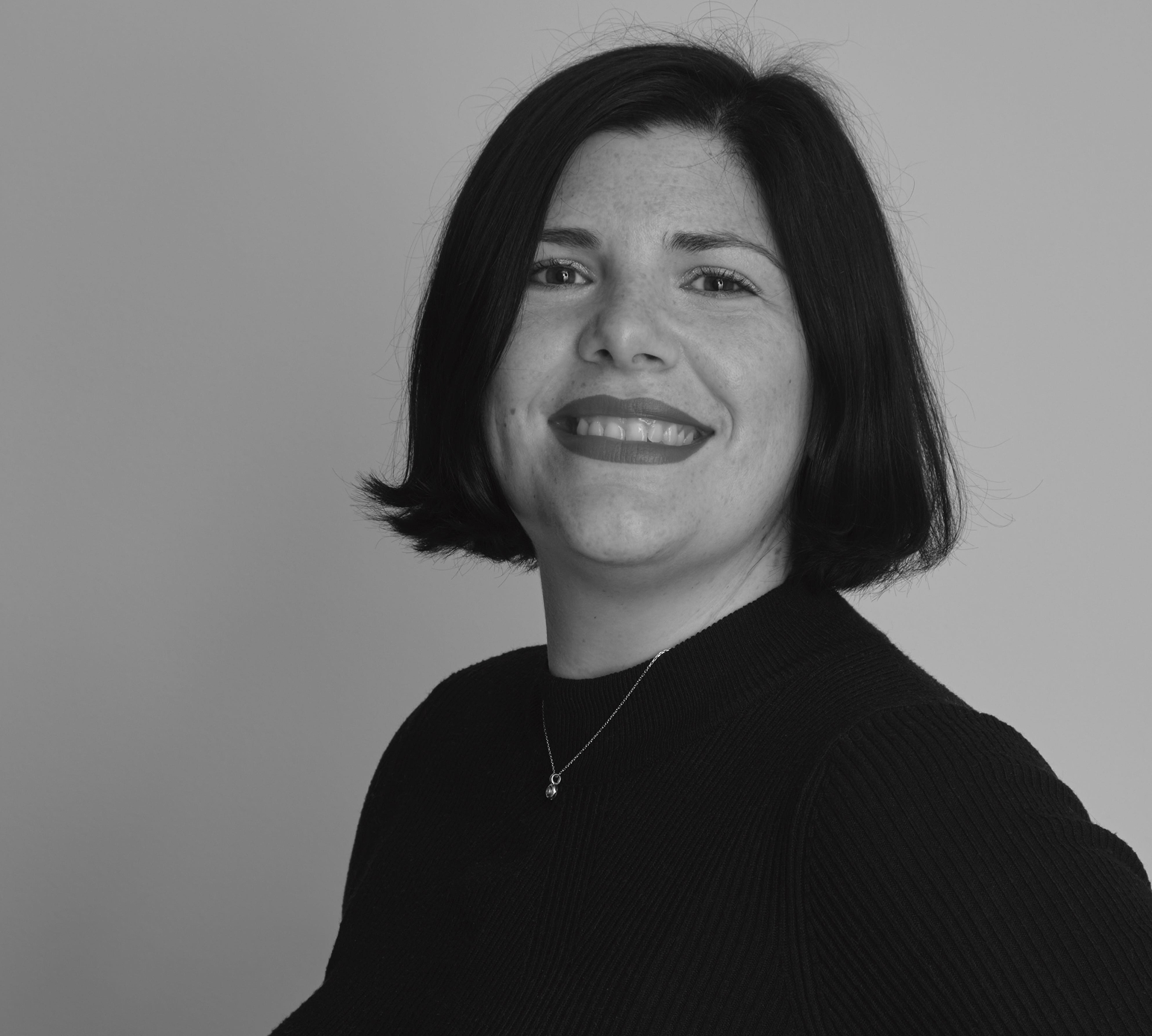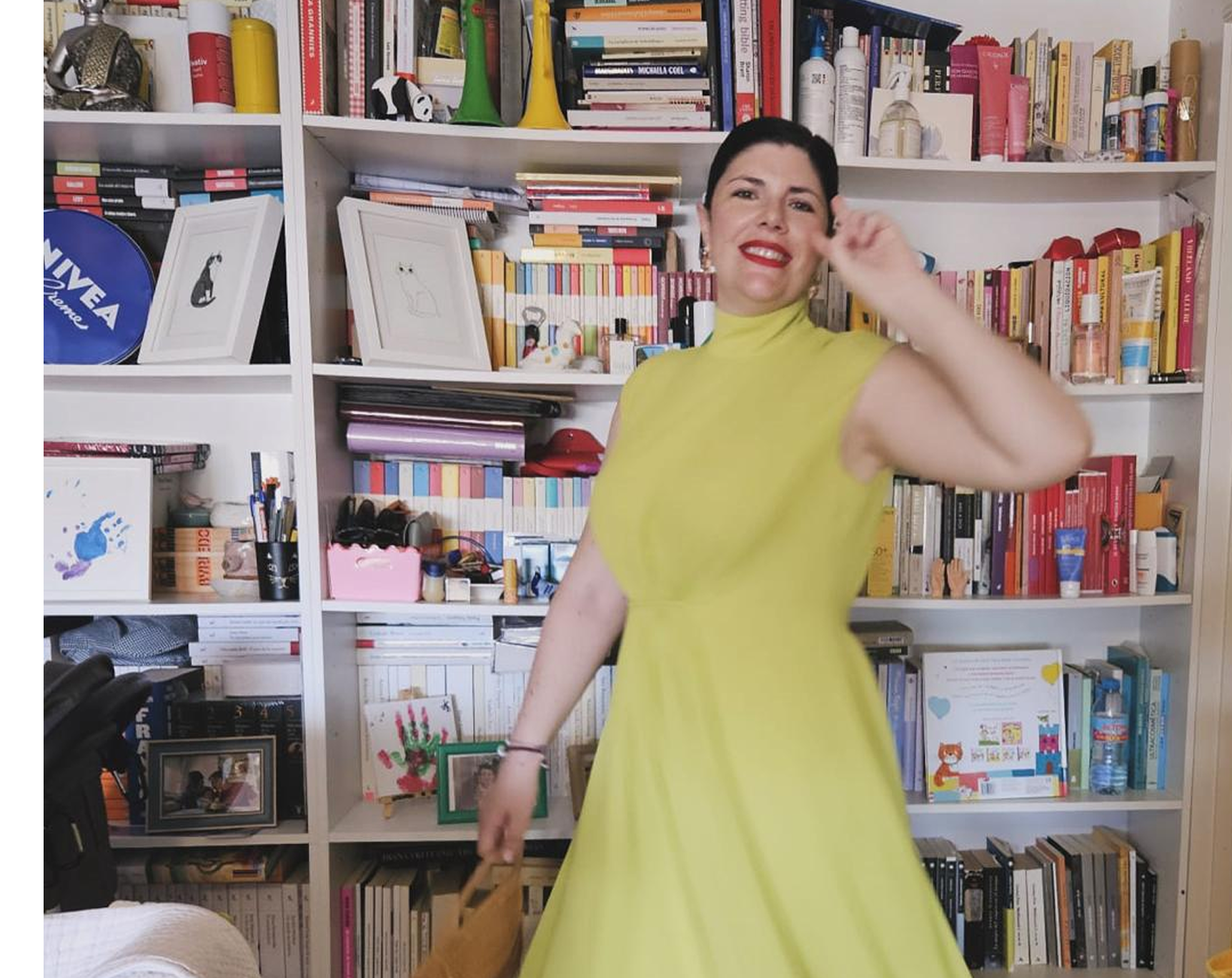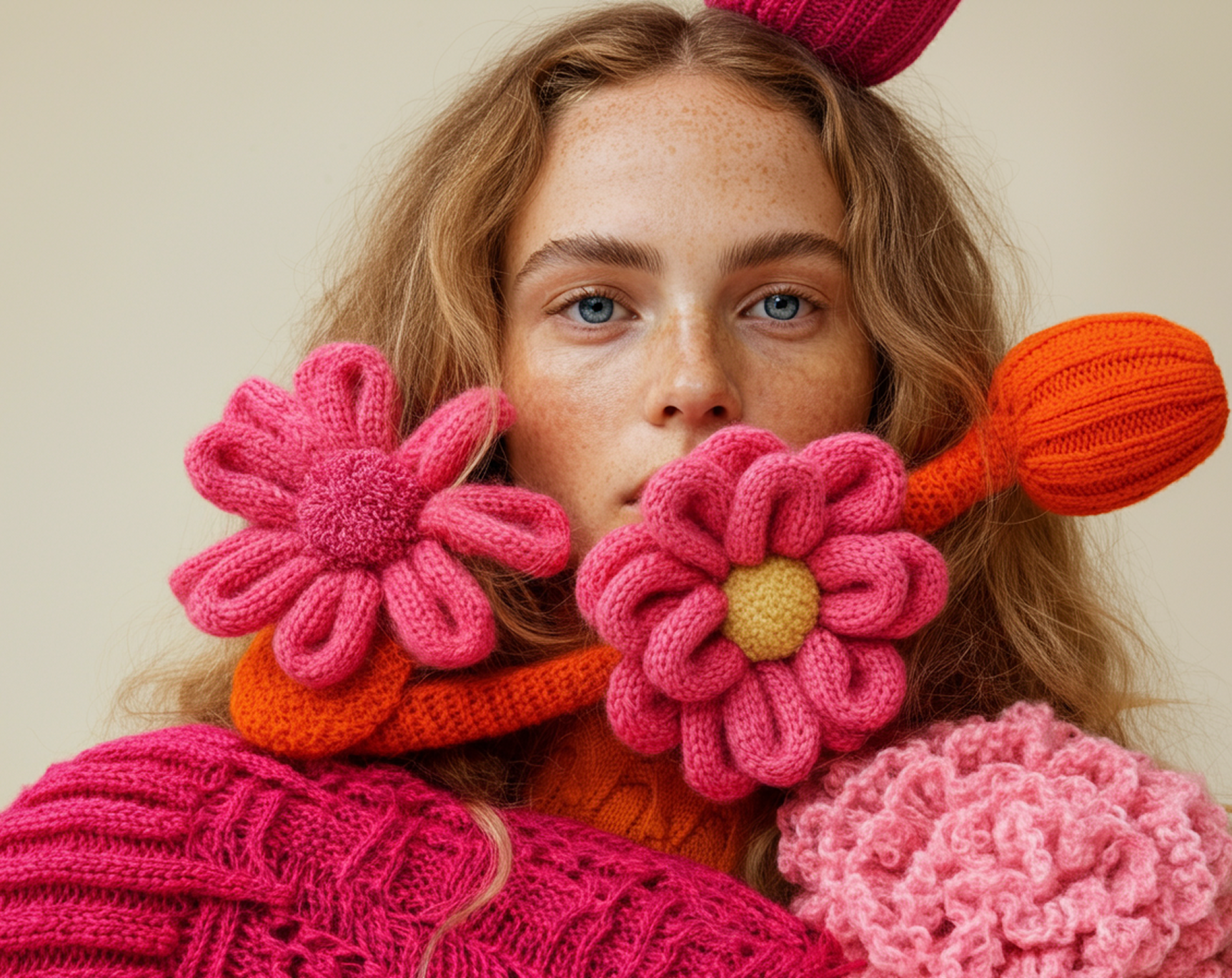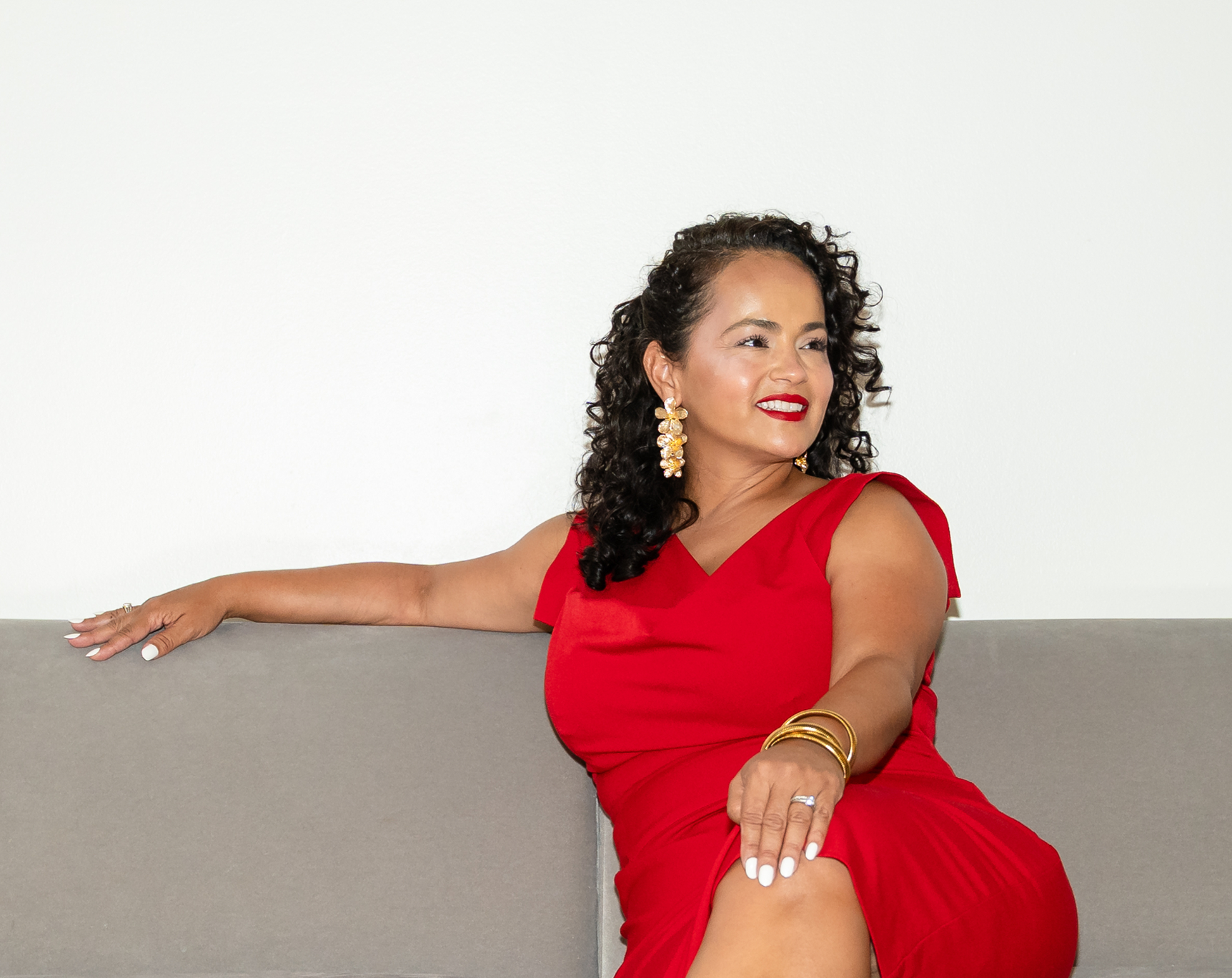For years, she wrote about perfect skin and golden packaging. Now, she edits books that reveal what the world tries to hide. Paloma Abad doesn’t correct texts—she protects them. She doesn’t soften truths—she lets them breathe. In a world that edits for noise, she edits for meaning.

From mascara to meaning
“The beauty industry scares me more than editing,” Paloma Abad says with the kind of half-smile that hints at both irony and clarity. “Because it tricks us into thinking that if we look better, we’ll be better.” For years, she worked inside the polished pages of Vogue Spain, Harper’s Bazaar, S Moda, and El País. She knew how to write the headline. How to sell the serum. How to tell the story. But something in her always pushed beyond the surface. “What really worries me is what we’re willing to believe in order to feel beautiful.” That tension—between what sells and what’s real—wasn’t just discomfort. It was a compass.
The invisible pact
Today, Paloma is a senior editor at Penguin Random House.
She’s not curating from a pedestal. She’s working in the margins—hands deep in drafts, voices, and doubt.
“Editing isn’t always about cutting. Sometimes it’s about protecting what doesn’t yet know how to defend itself.” She doesn’t look for polished manuscripts. She looks for raw truths. For women writing about politics, power, history—or about motherhood, aging, and the everyday, which is often just as radical. Because, as she reminds us, the domestic is also political.
Pretty In, Pretty Out: Beauty without performance
Though she stepped away from glossy magazines, Paloma never left the conversation around beauty. In her newsletter, Pretty In, Pretty Out!, she writes about aesthetics, feminism, and contradictions—without filter, without apology. “I’ve never said a cream erases wrinkles or cellulite. Spoiler: it doesn’t.” She dyes her hair jet black. She hates seeing her grays. But she’ll also tell you: no woman—and no story—needs to be perfect to have value.
Editing as urgency
One of the projects that marked her most deeply was the Spanish edition of Invisible Women by Caroline Criado Pérez. A groundbreaking book exposing how the world was designed without accounting for women. “It wasn’t about launching a book. It was about launching an alert.” This is what she’s after now: stories that don’t just reflect the world, but confront it. Books that don’t whisper to the market but echo in memory.

Not a job. A way of being.
“Most people think they have nothing to say,” she shrugs. “But often, the quietest stories hold the most extraordinary truths.” Paloma doesn’t edit from ego—she edits from instinct. In an era of algorithms and acceleration, her work feels almost radical: she listens. “Editing isn’t about making something prettier. It’s about making space for what the world isn’t ready to see.” And when she says this, she doesn’t soften the moment with a smile. She lets the silence stay. Because for her, editing was never about saying more—it was about holding space for what’s still finding the courage to be said.




